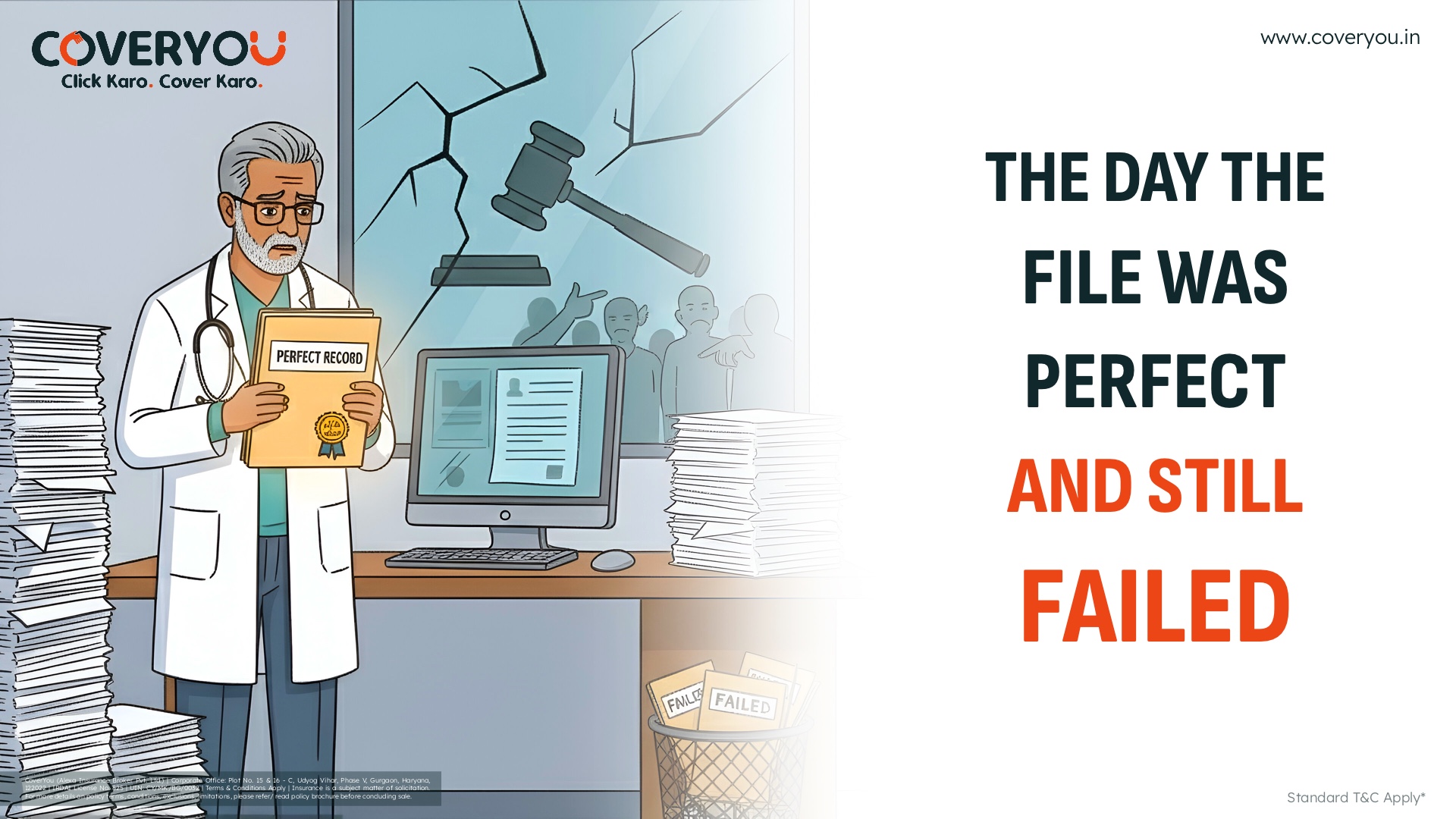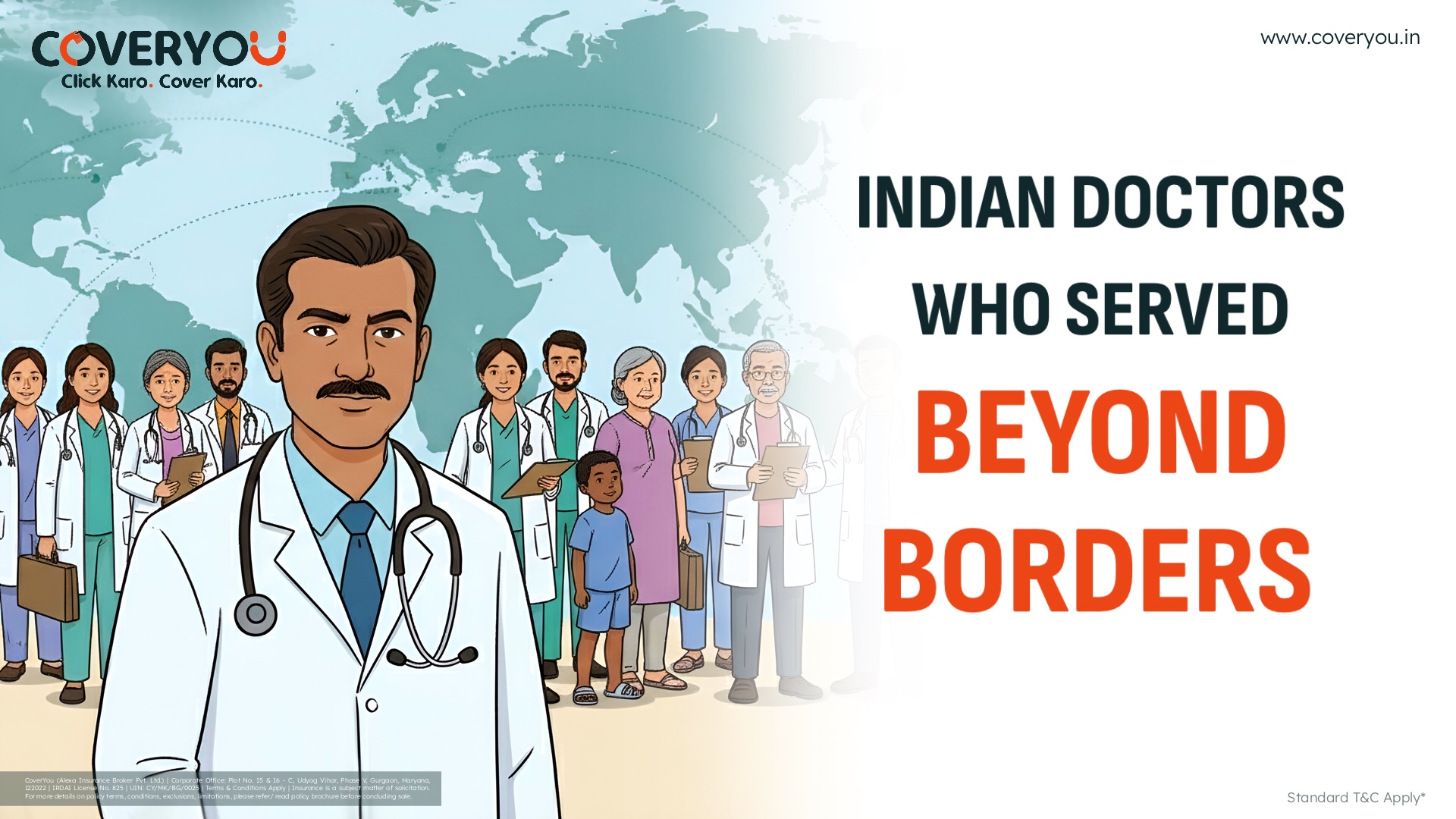Being a doctor is one of the most demanding professions, requiring long working hours, emotional resilience, and a commitment to patient care. However, this dedication often comes at a cost! burnout, stress, and limited personal time. Many doctors struggle to balance their professional responsibilities with their health and family life, leading to mental exhaustion and decreased productivity.
Understanding the Reality of a Doctor’s Workload in India
The Indian healthcare system is overburdened, with doctor-to-patient ratios far below WHO recommendations. According to a report by the Indian Medical Association (IMA), doctors in India often work 60-100 hours per week, leading to high levels of stress and fatigue.
In government hospitals, a single doctor can be responsible for seeing 100-200 patients a day, making it difficult to maintain efficiency and personal well-being. Burnout rates among Indian doctors are rising, with studies showing that 75% experience severe stress due to long hours and work overload.
Prioritize & Planning the Scheduling
A structured daily schedule can help doctors maximize productivity while ensuring personal time. Without a clear work plan, urgent tasks can pile up, making it difficult to focus on both patient care and personal commitments.
One effective method is time-blocking, where doctors allocate specific time slots for patient consultations, administrative work, family time, and self-care. For example:
- Morning (8 AM – 12 PM): Consultations and surgeries
- Afternoon (12 PM – 1 PM): Administrative tasks and paperwork
- Evening (6 PM – 8 PM): Family time and relaxation
- Night (9 PM – 10 PM): Personal learning or health-related activities
Using digital tools like Google Calendar, Notion, or medical scheduling apps can help doctors keep track of their appointments while ensuring they do not overwork themselves.
Pro Tip: A structured schedule not only improves work efficiency but also ensures doctors can dedicate time to family, exercise, and relaxation without feeling guilty.
Setting Boundaries to Avoiding Work Overload
Many doctors struggle with saying no to additional work, leading to mental exhaustion and reduced productivity. The fear of neglecting patients often pushes doctors to work extra hours, but this comes at the cost of their own health and personal time.
Setting clear professional boundaries is crucial:
- Limit after-hours consultations: Unless it’s an emergency, avoid late-night calls and home visits.
- Avoid unnecessary paperwork: Delegate administrative tasks to assistants or digital solutions like Electronic Health Records (EHRs).
- Communicate availability: Let staff and patients know your working hours to prevent constant disturbances during personal time.
A study published in the Indian Journal of Psychiatry found that 40% of Indian doctors suffer from anxiety and depression due to excessive workload. Setting boundaries can help reduce stress and improve work satisfaction.
Maintain Physical & Mental Health
Many doctors prioritize patient health over their own well-being, leading to chronic fatigue, weight gain, and stress-related illnesses. However, without good health, it becomes impossible to provide quality care to patients.
A. Prioritizing Exercise
Regular physical activity is essential to maintain energy levels and prevent burnout. Doctors should aim for at least 30 minutes of exercise per day, whether it’s:
- A morning walk or jog
- Yoga or stretching to relieve muscle tension
- Strength training to improve endurance
Research shows that doctors who exercise regularly experience 40% less stress and fatigue compared to those with sedentary lifestyles.
B. Mental Well-being Matters
The emotional demands of medicine can be overwhelming, making mental health a priority. Practicing meditation, mindfulness, or deep breathing exercises can help doctors improve focus and manage stress.
Joining support groups for medical professionals allows doctors to share experiences and find emotional support from peers who understand their struggles.
Fact: A study in the Indian Journal of Medical Ethics found that doctors who prioritize mental well-being have better patient outcomes due to improved decision-making abilities.
Strengthen Family Relationships
Doctors often sacrifice family time due to work emergencies and demanding schedules. However, strong family relationships contribute to better mental health and job satisfaction.
Ways to Strengthen Family Bonds:
- Schedule Dedicated Family Time: Plan weekend outings, family dinners, or short vacations to create lasting memories.
- Daily Check-ins: If work hours are long, a 5-minute call or video chat can maintain strong emotional connections.
- Be Present: Avoid checking medical reports or emails during family conversations.
A Times of India survey revealed that 60% of doctors feel guilty for not spending enough time with family. Making small efforts can prevent strained relationships and ensure a healthy work-life balance.
Work Smarter, Not Harder
Efficiency is key to reducing workload and improving work-life balance. Smart work strategies can help doctors save hours without compromising patient care.
A. Use Technology for Better Efficiency
- AI-powered scheduling tools (Practo, Lybrate) can automate patient appointments.
- Voice-to-text dictation software reduces the time spent on medical notes.
- Electronic Prescriptions & EHRs eliminate manual paperwork, saving at least 2 hours per day.
B. Reduce Decision Fatigue
Making hundreds of medical decisions daily can be exhausting. Doctors can reduce decision fatigue by:
- Standardizing daily routines to minimize small decisions.
- Delegating routine tasks to assistants or junior doctors.
- Using clinical checklists to ensure consistency in patient care.
Fact: Indian doctors who use technology-driven workflow solutions save 4-5 hours per week, allowing them to spend more time with family and self-care.
Final Thoughts: Balance is Achievable
Time management is not about doing more—it’s about doing the right things at the right time. By prioritizing health, setting boundaries, leveraging technology, and strengthening family relationships, doctors can achieve a fulfilling career without burnout.
Balancing work, health, and family requires intentional effort but is absolutely possible.
















